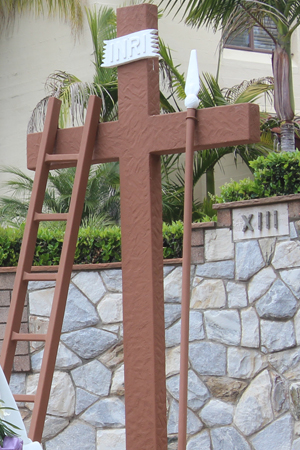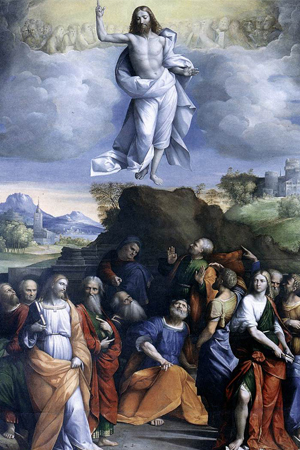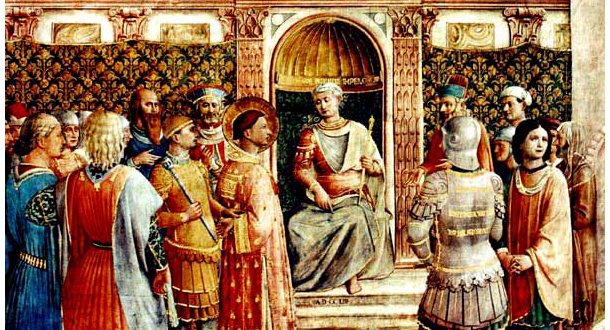Acts 28:16-20, 30-31
John 21: 20-25
Reflection:
In our reading from the conclusion of John’s Gospel, Peter sees the disciple whom Jesus loved, and asks Jesus, “Lord, what about him?” This is after Jesus has told Peter “by what kind of death he would glorify God.” Jesus answers, “What if I want him to remain until I come? What concern is it of yours? You follow me.” By Jesus’ response we see that Peter is probably not asking out of idle curiosity, but perhaps trying to compare himself with the beloved disciple; to see whether the beloved disciple is going to get some special treatment or a better prediction of his fate. Have you ever encountered anyone who did the same thing, always checking to see what other people get and how it compares to what they have received? Perhaps you have fallen into the same trap yourselves. I know I have.
Checking to see how much others have and how much we don’t, or trying to determine whether they should be loved by God or not, is not our purpose as disciples. If we follow Jesus, when we ask “What about him?” or “What about her?” or “What about them?” we are really asking “How can I help him?” or “What is her story?” or “Is there a way we can meet their needs?” We are to look at the choices we make and ask, “How does this affect others?
When we find ourselves asking, “What about him, or her, or them?” Jesus has answered our question by His Cross and the empty tomb: They are beloved by God. May we share Jesus’ answer with the world.
Fr. Phil Paxton, C.P., is the local superior at St. Paul of the Cross Passionist Community in Detroit, Michigan.








